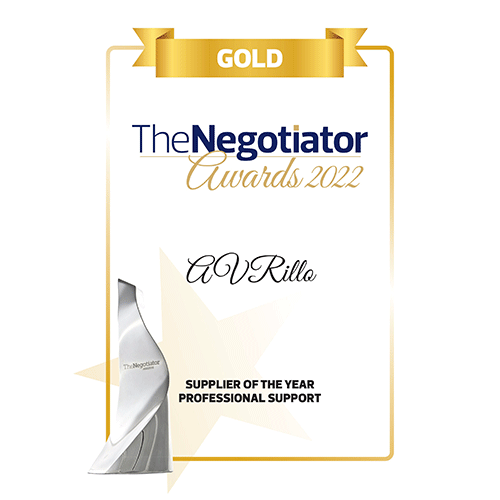Purchasing real estate in the United Kingdom follows a standard legal procedure, and you will generally employ Licensed Conveyancers or conveyancing solicitors as your legal counsel.
Instructing a conveyancer: When making an offer on a property, it’s a good idea to employ a licensed conveyancer or a solicitor. After agreeing on a purchase price, your estate agent will exchange the buyers’ and sellers’ solicitors’ contact details. The seller’s conveyancer will deliver your legal team the contract pack (formal agreement to sell), which includes:
- The Property Information Form
- The Fittings and Contents Form
These forms usually include information about the property, for example, whether there are any boundary issues and exactly what will be included in the sale (e.g., do they intend to remove all of the carpets or curtains?). The contract pack will include the seller’s property title and any paperwork they have completed. If your property is leasehold, a copy of the lease will be provided.
It’s critical that you go over these documents thoroughly and ask any questions or concerns you have now, even if your conveyancer will take care of the paperwork on your behalf. During these early phases, your offer to acquire the property has been accepted, and your mortgage application has been approved – the conveyancer will receive a copy of the mortgage offer.
At this stage, you should schedule a property search, in addition to the lender’s valuation report.
Searches: The solicitor will carry out any necessary searches, such as a Local Authority Search. These include data on the property, such as the property boundaries, disputes, rights of way, and constraints and permissions. Other searches may be necessary depending on the property and its location.
Plan a completion date: Your conveyancing solicitor will examine the contract pack, mortgage offer, and local authority searches. Any difficulties will be brought to your attention if any exist. For example:
- If the site on which you want to buy is contaminated,
- The city has big road construction planned near your new home.
- If you have a neighbor who has a special legal right to use your property.
Negotiate an agreed date with the seller’s conveyancer after discussing a suggested completion date with your conveyancing solicitor. The conveyancer will contact the seller’s solicitor and inform them that you wish to continue with the contract exchange and send them your deposit.
Exchange of contracts: The conveyancer will combine the final completion statement, transfer deed, and mortgage deed for you to agree and sign. This will also describe how much money you must pay them for completion.
Your conveyancer will handle the final Land Registry inquiries. This is the last look to verify that no changes have been made to the Land Register since your initial searches. Contracts will then be exchanged, and the down payment will be paid to the seller’s conveyancer. On the exchange of the contracts, you are obligated by law to buy the property.
Completion: The completion date is when the transaction is completed, and the property passes from seller to buyer, making you the new legal owner. The conveyancer will pay over the remainder of the sale price (less any deposit already paid) and obtain a signed Transfer Deed.
Your conveyancing solicitor will require documentation from your mortgage lender. Your conveyancer will get you title deeds, transfer deeds, and proof of current mortgages.
Post Completion: The conveyancer will submit your deeds to the lender if you have a mortgage, send any Stamp Duty (if applicable) to Revenue and Customs, and deliver your paperwork to HM Land Registry to establish your property ownership all within 30 days of the closing.
The title deeds will be sent to your conveyancer by the HM Land Registry, who will hand them over to your lender if you have one. If you bought the property as a cash buyer, the title deed will be delivered to you.





















